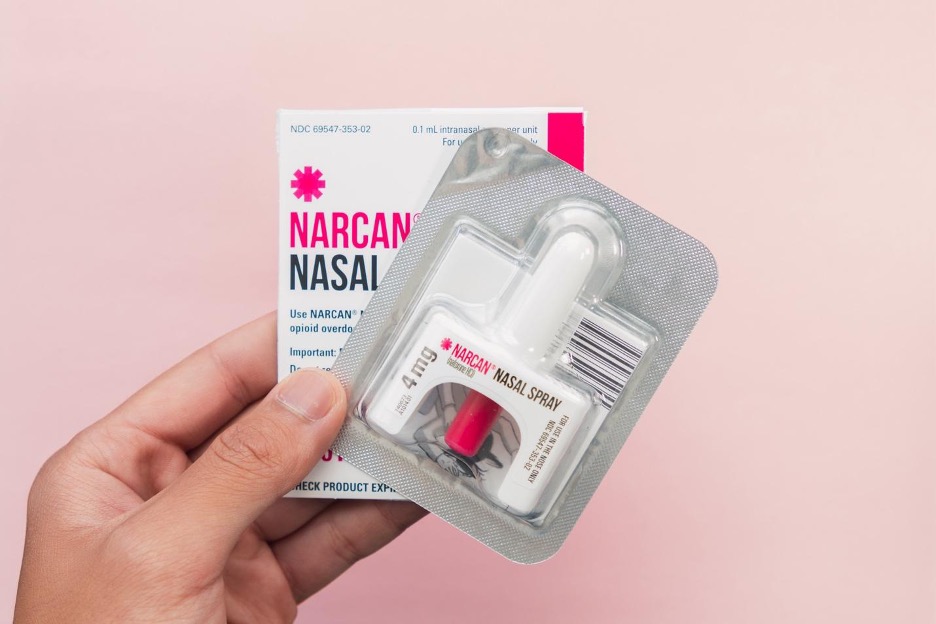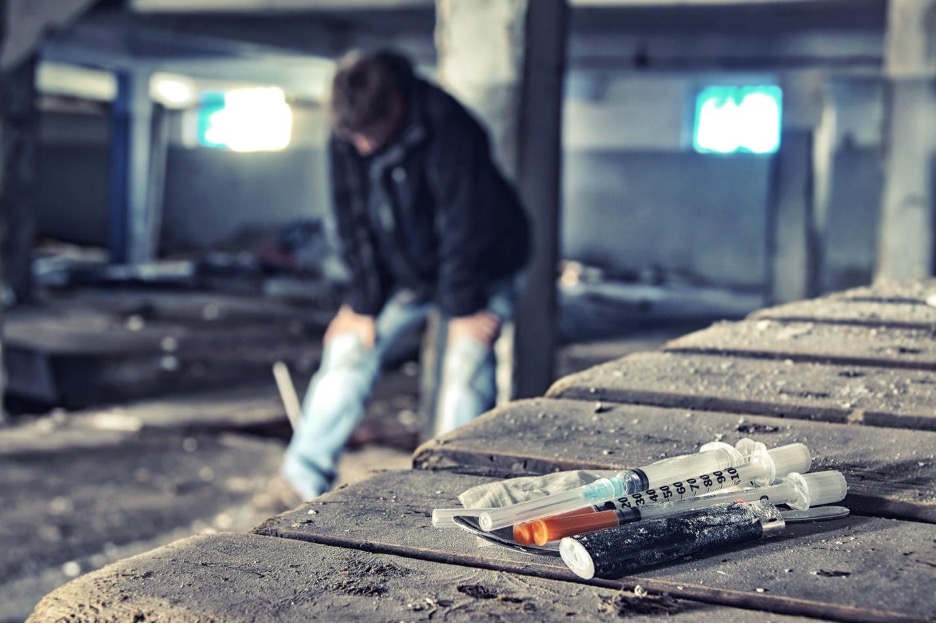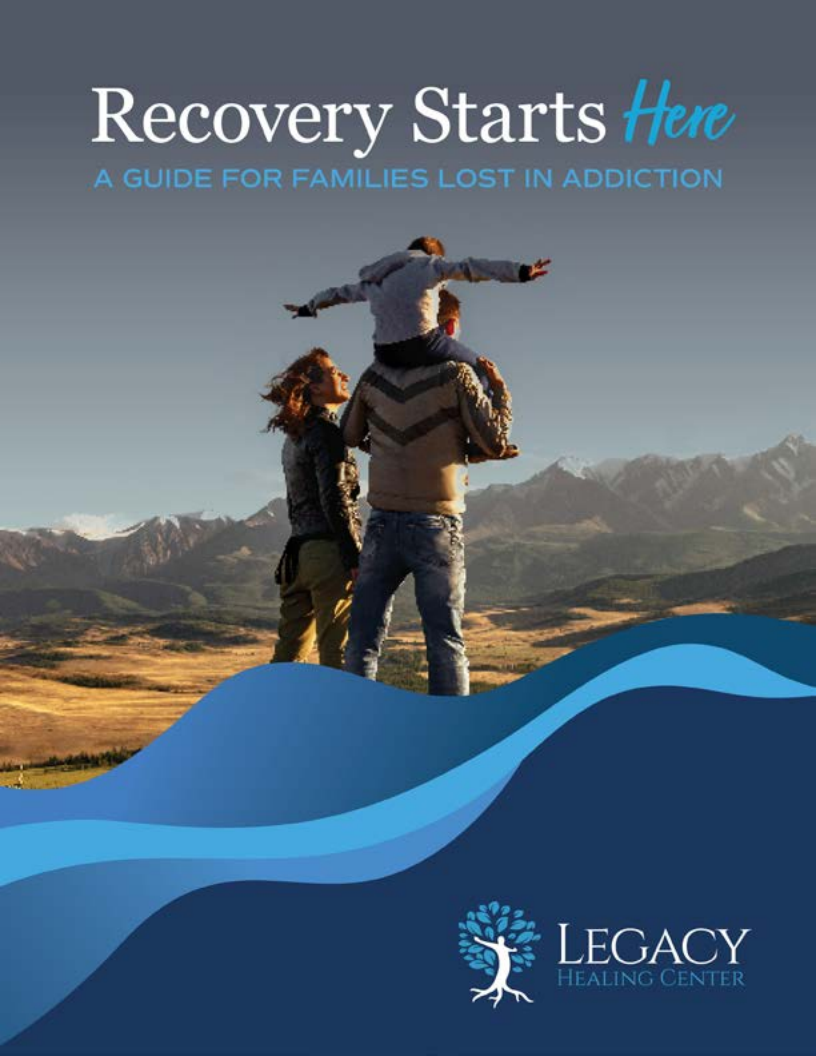Signs of Heroin Use
Heroin is one of the world’s deadliest drugs. Every year, over 902,000 Americans use heroin, and over 14,000 die of heroin overdose.
If you want to prevent yourself or someone you love from becoming another statistic, it is important that you can identify the signs of heroin use. Read more to find out what heroin is, the signs someone is using heroin or overdosing on the drug, and how to find treatment.
What Is Heroin?
Heroin is a highly potent opioid drug that is infamous for its high addictive potential and the large number of victims it kills every year. Heroin is derived from the opium poppy and two to three times stronger than morphine.
Heroin produces intense feelings of euphoria in those that use the drug, which is the primary reason that it is so commonly abused. However, heroin addiction is widely agreed to be one of the most difficult substance use disorders to recover from.
Heroin is primarily found in either a white powder form or a “black tar” form. Heroin is most typically injected intravenously, although it can also be smoked or snorted. All forms of heroin use are dangerous and addictive.
Signs Someone May Be on Heroin

There are many signs someone is using heroin.
Behavioral signs of heroin use include:
- Isolation from friends, family, and social activities
- Drastic mood swings, often going all the way from euphoria to depression
- Neglect of personal, professional, familial, and financial responsibilities
- Secrecy, deception, and lying about one’s activities or location
- Engaging in illegal or risky behaviors
- Stealing valuables or money (to buy drugs)
- Frequent, short, unexplained absences
Physical signs of heroin use include:
- Pinpoint (constricted) pupils
- Slurred speech and impaired coordination
- Falling asleep seemingly without any control at inappropriate times
- Strained, shallow, or irregular breathing
- Track marks (injection site scars) on arms, between the toes, or other parts of the body
- The presence of drug paraphernalia including needles, syringes, burnt spoons, and small plastic bags
Lifestyle changes that may be signs someone is using heroin include:
- Seemingly unexplained financial difficulties
- Decline in personal hygiene, grooming habits, and overall appearance
- Changes in social circles, especially associating with known drug users
- Legal issues, including arrest and incarceration
- No longer participating in previously enjoyed activities
Signs of a Heroin Overdose
A heroin overdose occurs when a victim has consumed a fatal amount of heroin, and their internal systems begin to shut down.
Heroin overdoses can kill within a matter of minutes, so it is important that you be able to recognize the signs and take immediate action.
Signs of heroin overdose include:
- Slow, shallow, irregular, or ceased breathing
- Pale or bluish skin on the lips, fingertips, or other parts of the body
- Unresponsiveness or an inability to be woken up
- Pinpoint pupils
- Weak pulse or low blood pressure
- Confusion, delirium, or hallucinations
- Inability to speak coherently or understandably
- Extreme drowsiness or an inability to stay awake
If you suspect someone is overdosing on heroin, call 911 immediately.
Remain with the person while you wait for emergency services to arrive and:
- Administer Naloxone (NarCan), if available
- Try to keep the victim conscious and responsive
- Make sure the victim is laying on their side, never their stomach
- Perform CPR if necessary and trained
Naloxone Saves Lives

One study found that bystanders were present in more than 1/3 of fatal opioid overdoses. Naloxone was designed to reduce this number.
Naloxone, often referred to by the common brand name Narcan, is a medication that can reverse an opioid overdose, including heroin overdoses. Naloxone is commonly available in two forms: a nasal spray and an injectable.
Naloxone is available for free in all 50 states.
It is very common for doctors to co-prescribe Naloxone alongside high potency opioids, but it is also available at pharmacies without prescriptions. There are also community-based naloxone programs and syringe service programs that give it away for free or at greatly reduced cost.
If you suspect your loved one may be using heroin, pick up Naloxone (Narcan) as soon as possible. It could end up saving their life.
Signs of Heroin Addiction
Heroin addiction is a disease that a medical professional can diagnose if a person meets at least two of the following criteria in the past year:
- Using heroin more or for longer periods of time than originally intended
- Unsuccessful attempts to quit or cut back on heroin use
- Spending a great portion of one’s time obtaining, using, or recovering from heroin
- Strong desires or urges to use heroin
- Failing to fulfill major responsibilities at work, school, or home due to heroin use
- Continuing to use heroin despite it damaging relationships
- Giving up on activities that were previously important or enjoyed
- Ending up in risky situations or dangerous places due to heroin use
- Continuing to use heroin despite knowing is causes or worsens a mental or medical health condition
- Tolerance, or needing greater amounts of heroin to experience the same effects
- Dependence, or experiencing withdrawal symptoms when heroin use is discontinued or reduced
The more criteria a person meets, the more severe their addiction is.
Short- and Long-Term Effects of Heroin Use

Heroin use causes many negative impacts to the health of users and their general quality of life, both in the short-term and the long-term.
The short-term physical effects of heroin include:
- Low respiratory function, which causes slowed breathing, drowsiness, respiratory failure, and potentially death.
- Damage to the digestive system, causing nausea, vomiting, and constipation.
- Cognitive impairment, including clouded thinking, confusion, and impaired judgment and decision making.
The long-term effects of heroin use can be extremely damaging and include:
- Increased tolerance, which can cause users to accidentally overdose.
- Severe withdrawal symptoms.
- Collapsed veins, abscesses, and potentially deadly infections from intravenous heroin use.
- Depression, anxiety, and suicidal thoughts.
- Loss of work and close relationships.
- Incarceration
How to Address Someone Who May Be Using Heroin
If your loved one is showing signs of heroin addiction, prepare to have a conversation with them. Start by doing thorough research on heroin use disorders, how they are treated, and addiction treatment programs.
Next, choose a calm and private setting to have a conversation. Make sure that you avoid blame and judgment, and instead focus on being empathetic and supportive. Use “I” statements to describe how you feel, what you have observed, and how you have been impacted.
It is also important that you avoid being an enabler. Do not provide financial support unless it is for treatment. Do not make excuses for their actions. Do not participate in drug use with them. Establish and maintain healthy and appropriate boundaries and enforce consequences if those boundaries are crossed.
The most important thing to do is to encourage your loved one to seek professional treatment. There are a number of different treatment options for heroin addiction, including:
- Medically supervised detox: Helps patients get through withdrawal comfortably and safely.
- Inpatient rehab: Provides the best chance for achieving a lasting recovery and requires patients to live at the facility.
- Outpatient rehab: Doesn’t require patients to live at the facility, less expensive than inpatient, and more flexible in terms of schedule.
- Medication-assisted treatment (MAT): Uses medications like methadone and suboxone to reduce heroin use.
Do You See Heroin Addiction Symptoms? Save Your Loved One Today
It can be terrifying to think your loved one may be using heroin. Just remember, you aren’t alone. We’re here to help.
At Legacy, we know heroin addiction is a deadly disease that impacts the mind, body, and soul. That’s why we use a holistic treatment approach that heals patients from the inside out.
Our three-pronged treatment approach combines the right psychotropic medications, cutting-edge clinical therapies, and peer support to help people achieve and maintain sobriety.
Call 888-534-2295 to speak with a member of the treatment staff today about how we can help you or your loved one overcome heroin addiction.
Signs of Heroin Use FAQs
What are the common signs of heroin use?
Signs of heroin use include:
- Constricted or pinpoint pupils
- Drowsiness or falling asleep
- Slurred speech
- Itchy skin or scratching
- Track marks
- Weight loss or appetite changes
- Deteriorating hygiene or appearance
- Sudden mood or behavioral changes
- Social isolation
- Confusion or disorientation
How can I identify heroin addiction in someone I care about?
The best way to identify heroin addiction in someone you care about is to know what the signs of heroin addiction are and how to recognize them. It is also important to know the person you care about well, so that you can compare their behavior over time. For example, if the person typically experiences depression, depression is less likely to be a sign of heroin addiction.
What are the physical symptoms of heroin addiction?
Physical heroin addiction symptoms include:
- Pinpoint or constricted pupils
- Falling asleep at inappropriate or odd times
- Extreme drowsiness
- Track marks or injection site scars
- Weight loss
- Constipation
- Slurred speech
- Itchy skin and scratching
- Shallow or irregular breathing
- Frequent respiratory infections
- Abscesses or skin/vein infections
- Drug paraphernalia, including needles, syringes, burnt spoons, and small plastic bags
Are there any psychological symptoms associated with heroin addiction?
There are many psychological heroin addiction symptoms, including:
- Intense happiness followed by period of depression
- Anxiety
- Panic attacks
- Extreme mood swings
- Irritability
- Impaired judgment and decision making
- Hallucinations
- Cognitive defects
- Difficulty concentrating
- Memory problems
- Paranoia
- Suicidal ideation and behaviors
- Loss of interest in previously enjoyed or important activities
What treatment options are available for heroin withdrawal and addiction?
The primary treatment option for heroin withdrawal is medically supervised heroin detox. This process keeps the patient safe and comfortable while they undergo heroin withdrawals, keeping them in the best possible state of mind for successful further treatment. Some of the most successful treatments for heroin addiction include inpatient rehab, outpatient rehab, medication-assisted treatment (MAT), sober living homes, and outpatient counseling and therapy.
Sources:
- MedlinePlus. (N/A). Heroin.
- MedlinePlus. (N/A). Heroin Overdose.
- Department of Justice/Drug Enforcement Administration. (N/A). Heroin.
- Johns Hopkins Medicine. (N/A). Opioid Use Disorder.
- Fairfax County. (2018). Signs of Opioid Use.
- National Center for Drug Use Statistics. (2024). Heroin Statistics.
- Drugs.com. (2022). How Does Fentanyl Compare to Heroin or Other Opiates?
- Centers for Disease Control and Prevention. (N/A). Lifesaving Naloxone.




